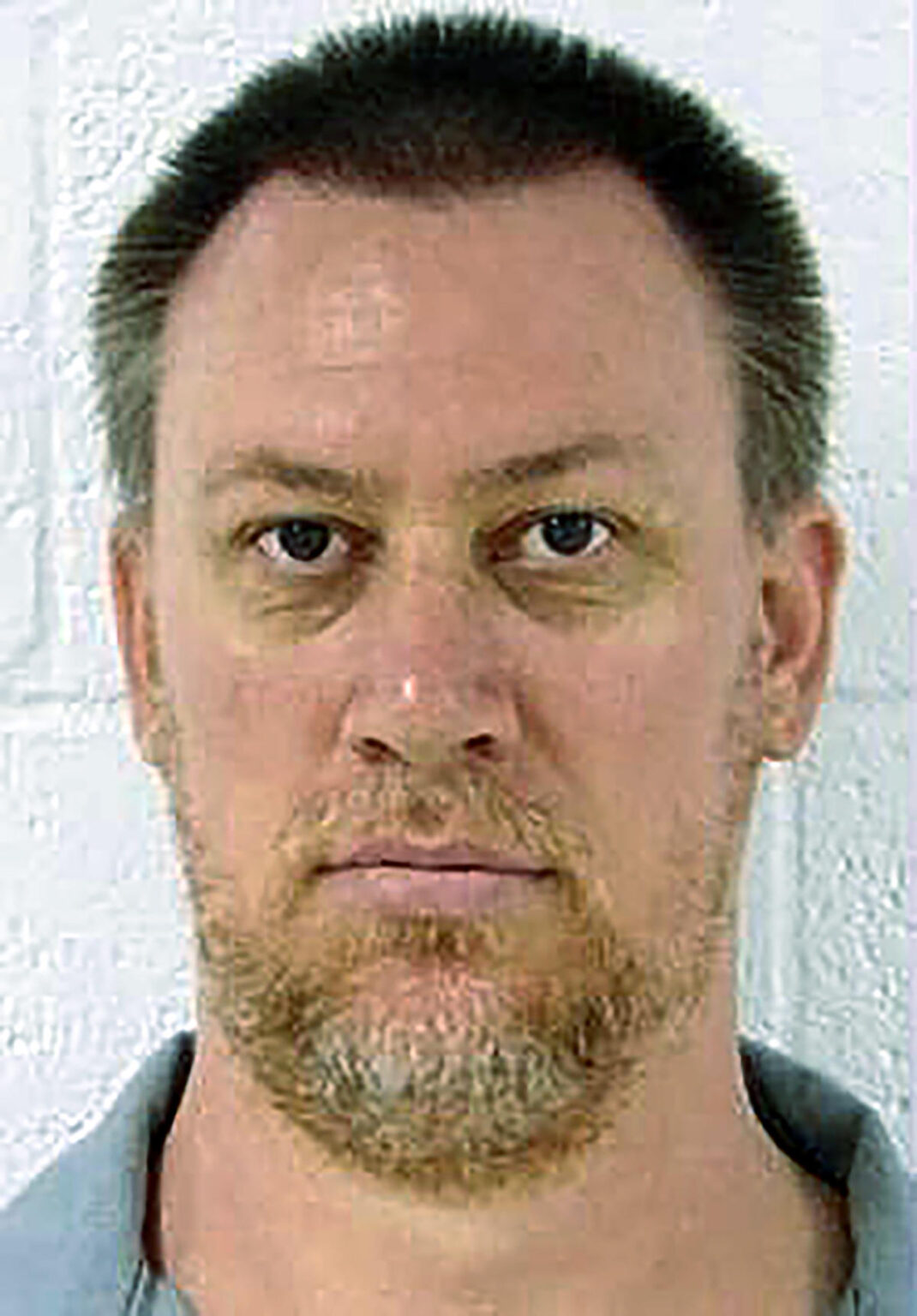Christopher Collings, a 49-year-old man from Missouri, is set to be executed for the murder of 9-year-old Rowan Ford, a crime that has haunted the small town of Stella since it occurred in 2007. Collings faces lethal injection at 6 p.m. CST on Tuesday after the U.S. Supreme Court denied an appeal for a stay of execution. Collings was convicted of sexually assaulting and strangling Rowan with a length of rope. After the heinous act on November 3, 2007, Rowan’s body was discovered six days later in a sinkhole outside of town, triggering a significant manhunt and public outcry.
Rowan Ford was a beloved fourth-grader known for her cheerful demeanor and love for Barbie dolls, as described by her teachers during Collings’ trial. At the time of her murder, Collings was a friend of Rowan’s stepfather, David Spears, and had temporarily lived in their home, forming a bond with Rowan whom she called “Uncle Chris.” On the night prior to the assault, Collings reportedly consumed alcohol and drugs with Spears, creating a context for the crime. Collings later claimed that he planned to return Rowan home after taking her from her bed but panicked when she recognized him, leading to the tragic culmination of events that ended her young life.
The investigation into Rowan’s disappearance began when her mother, Colleen Spears, returned home and found her missing. After failing to locate Rowan by the afternoon and insisting she was with a friend, Colleen contacted the police, sparking a thorough search. Collings, Spears, and another man became the primary suspects since they were the last known individuals to be with Rowan. Ultimately, Collings confessed to having killed her and disposing of her body, which he admitted to placing in a sinkhole. He also destroyed evidence, which included burning the rope used in the crime and his bloodstained mattress.
Adding complexity to the case, Rowan’s stepfather, David Spears, not only witnessed the crime but also implicated himself, claiming in police statements that it was he who strangled Rowan at Collings’ direction. Despite this, Spears was allowed to plead to lesser charges and served only a fraction of the time in prison before his release in 2015. The details surrounding Spears’ involvement remain murky, leading to questions about prosecutorial discretion and justice in this case. Spears’ statement further complicates matters, as it implicates him in the crime while also reflecting Collings’ role in the murder, which raises concerns about the integrity of the trial.
As Collings faces execution, his defense team has raised concerns about his mental health, arguing in a clemency petition that he suffered from a brain abnormality that impair his judgment and emotional regulation. They characteristically depicted him as a product of a troubled childhood marked by abuse, suggesting that these factors contributed to his actions as an adult. This argument adds a layer of complexity to the moral and ethical discussions surrounding the death penalty, particularly regarding individuals who commit heinous acts due to circumstances beyond their control.
Collings’ legal team has also challenged the credibility of a key witness in his trial—a police chief with a troubled past—including AWOL convictions—that they argue should have been disclosed before the trial to support his defense. This aspect of the case highlights concerns over the due process and the reliability of evidence that supported Collings’ conviction. With the imminent execution and the lack of avenues for appeal exhausted, the case continues to spark debates around the efficacy and morality of capital punishment.

